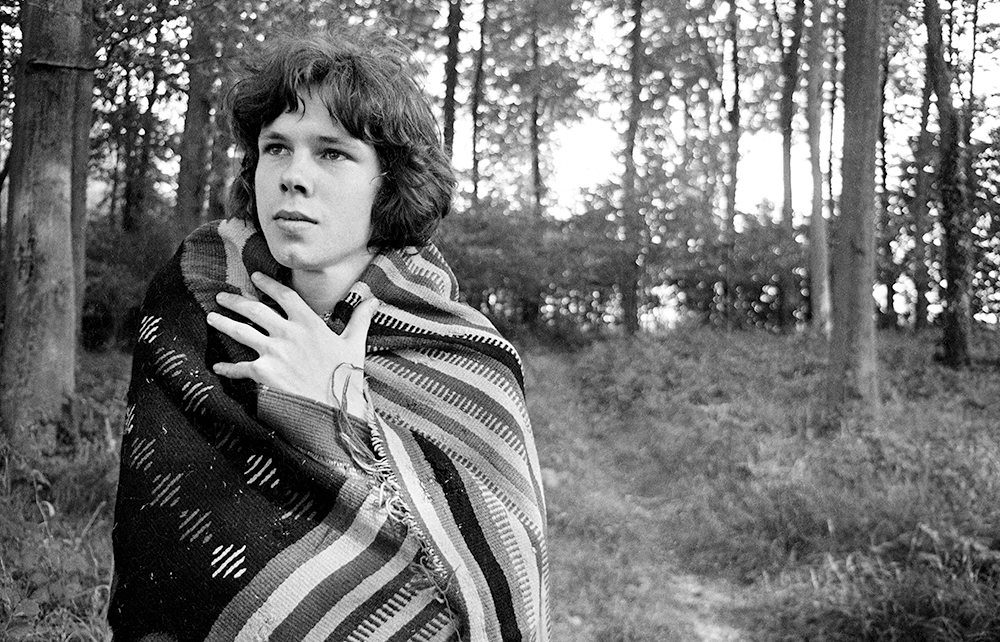A friend suggested I might bring a feminine twist to this review by imagining what it felt like to be Nick Drake’s mother. It was a startling thought. When I read artists’ biographies I tend to stand with them eye-to-eye, rather than conjure the perspective of an older generation. But the further we are distanced in time and age (the singer-songwriter died in 1974, aged 26), the more the picture morphs. Just as we’re supposed to grow out of liking Shelley (I never did) or learn to swap Mozart for Bach, our view of someone who was both an undoubted genius and the definition of callow inevitably matures.
The keeper of Drake’s flame, his sister Gabrielle, has cooperated with Richard Morton Jack – a privilege she did not extend to Patrick Humphries for his 1997 biography, preventing the latter from quoting the lyrics, for example. This new life, published to coincide with what would have been Drake’s 75th birthday, is vastly more extensive, and is a smart moment to revisit the last remaining observers of Drake’s comet-like trajectory, now in their seventies and eighties. Leave it any longer and it would be the ‘Time of No Reply’.
Drake did not mix his friendship groups. Many people who knew him met for the first time at his funeral
The picture Jack paints doesn’t differ in essentials from the long-accepted version, but it is far more detailed, and has, no doubt inadvertently, a somewhat debunking effect. This is the portrait of a person with one of the most acute cases of lazyitis it’s possible to imagine. Like Herman Melville’s Bartleby, Drake would ‘prefer not to’, and the list is long: do any academic work, develop his sporting talent (he was an unkeen sprinter), have sex, pursue relationships, go on tour, turn up on time for meetings, find a job, fill the car with petrol and, eventually, get up, wash, or speak.







Comments
Join the debate for just £1 a month
Be part of the conversation with other Spectator readers by getting your first three months for £3.
UNLOCK ACCESS Just £1 a monthAlready a subscriber? Log in